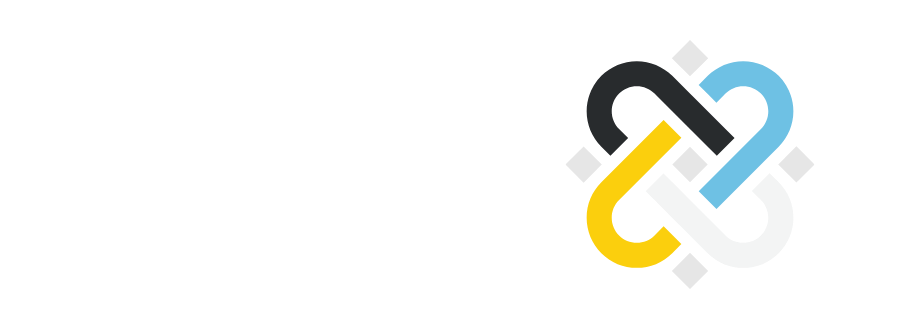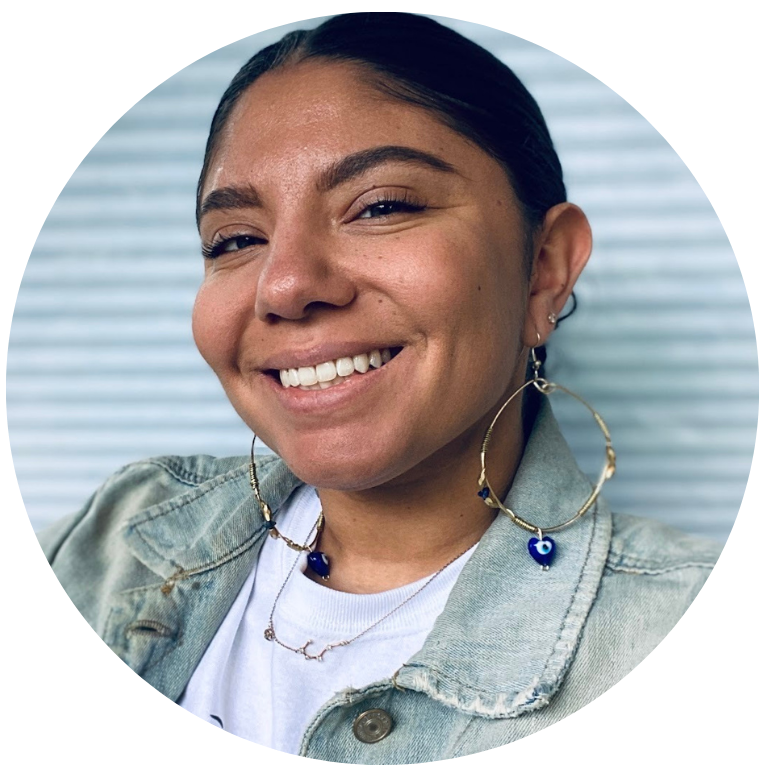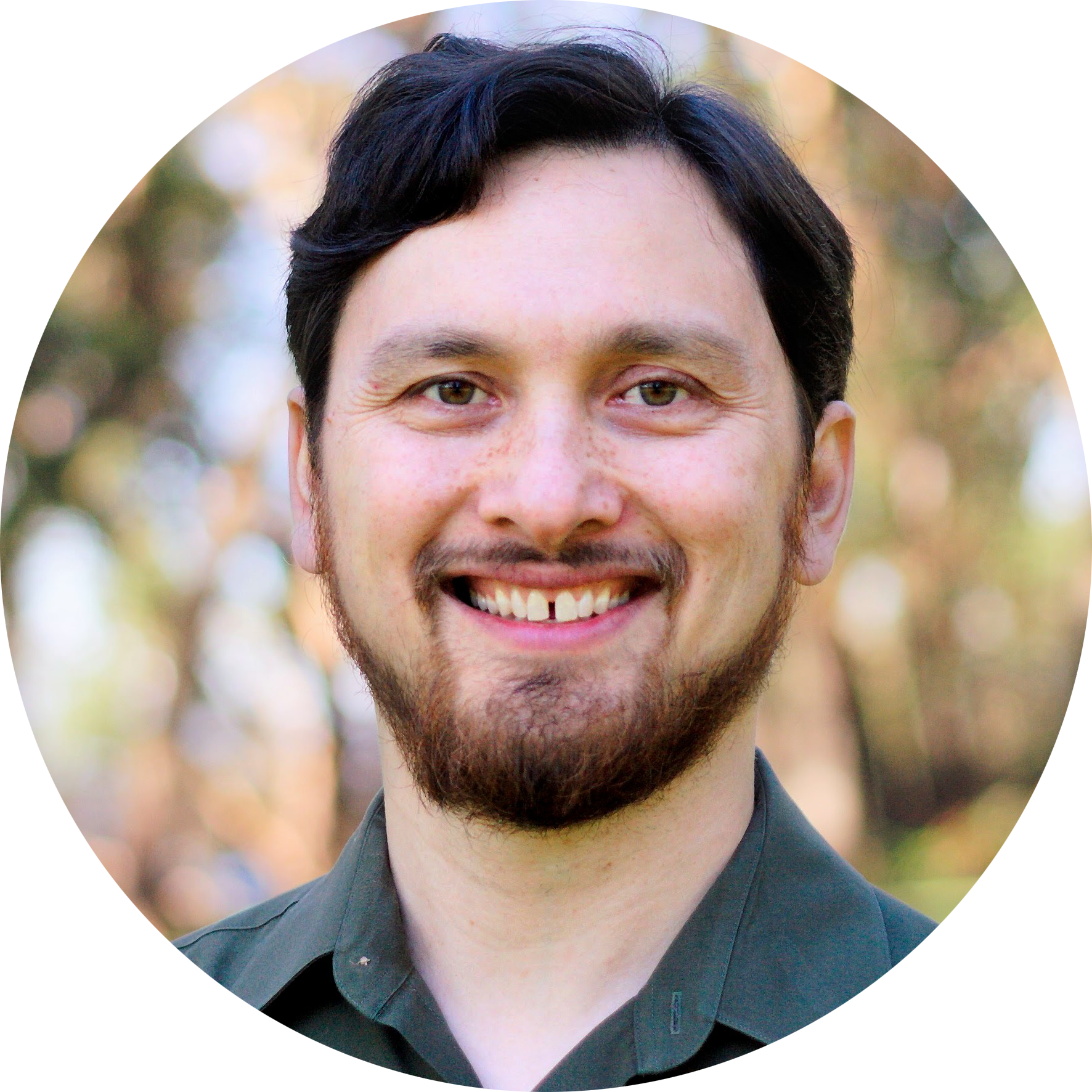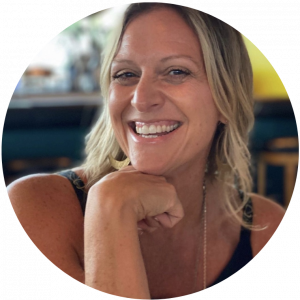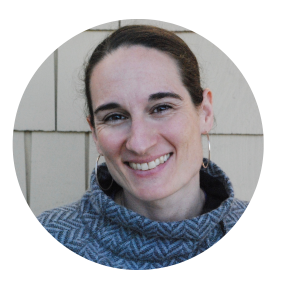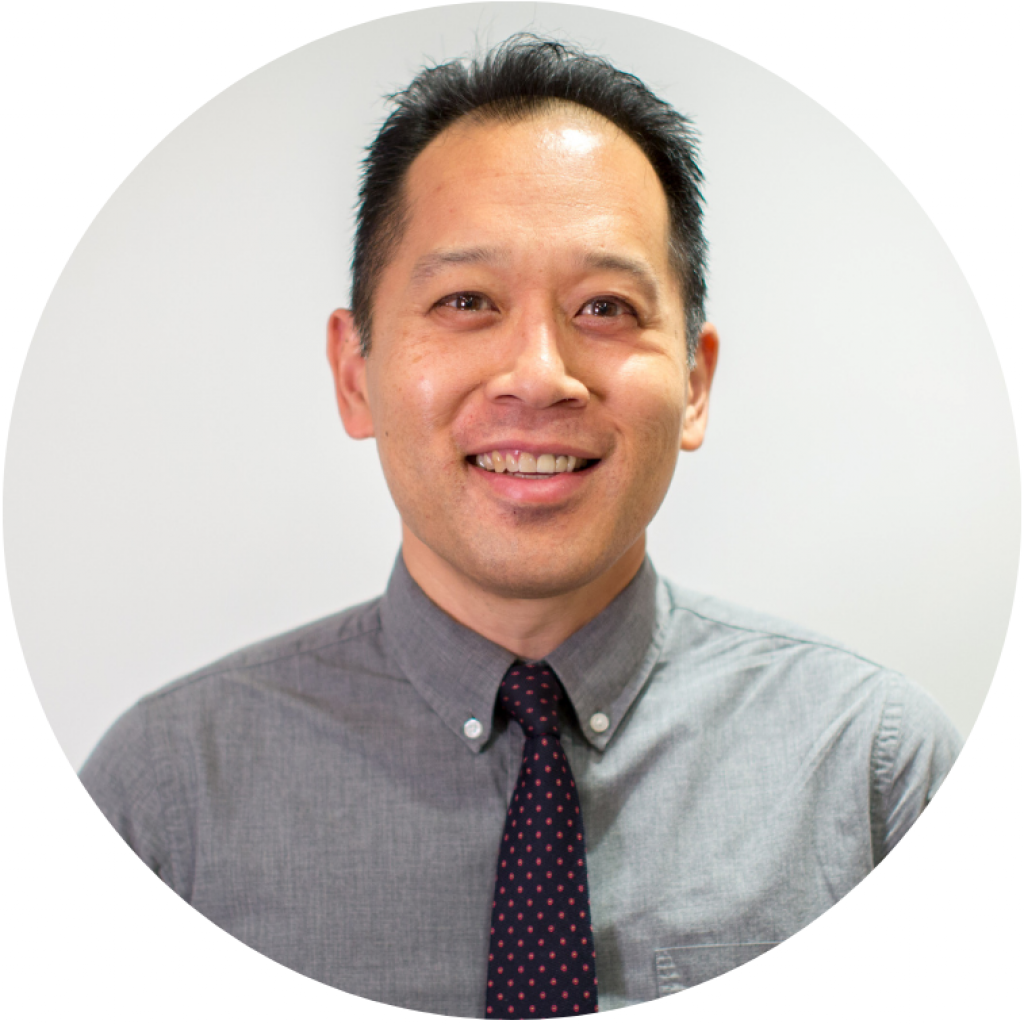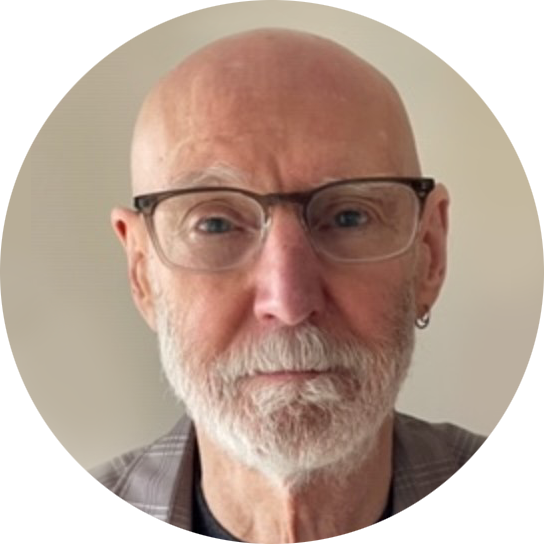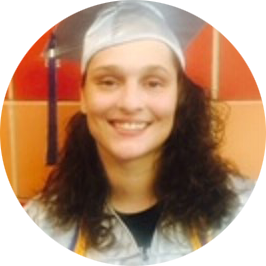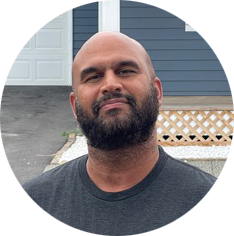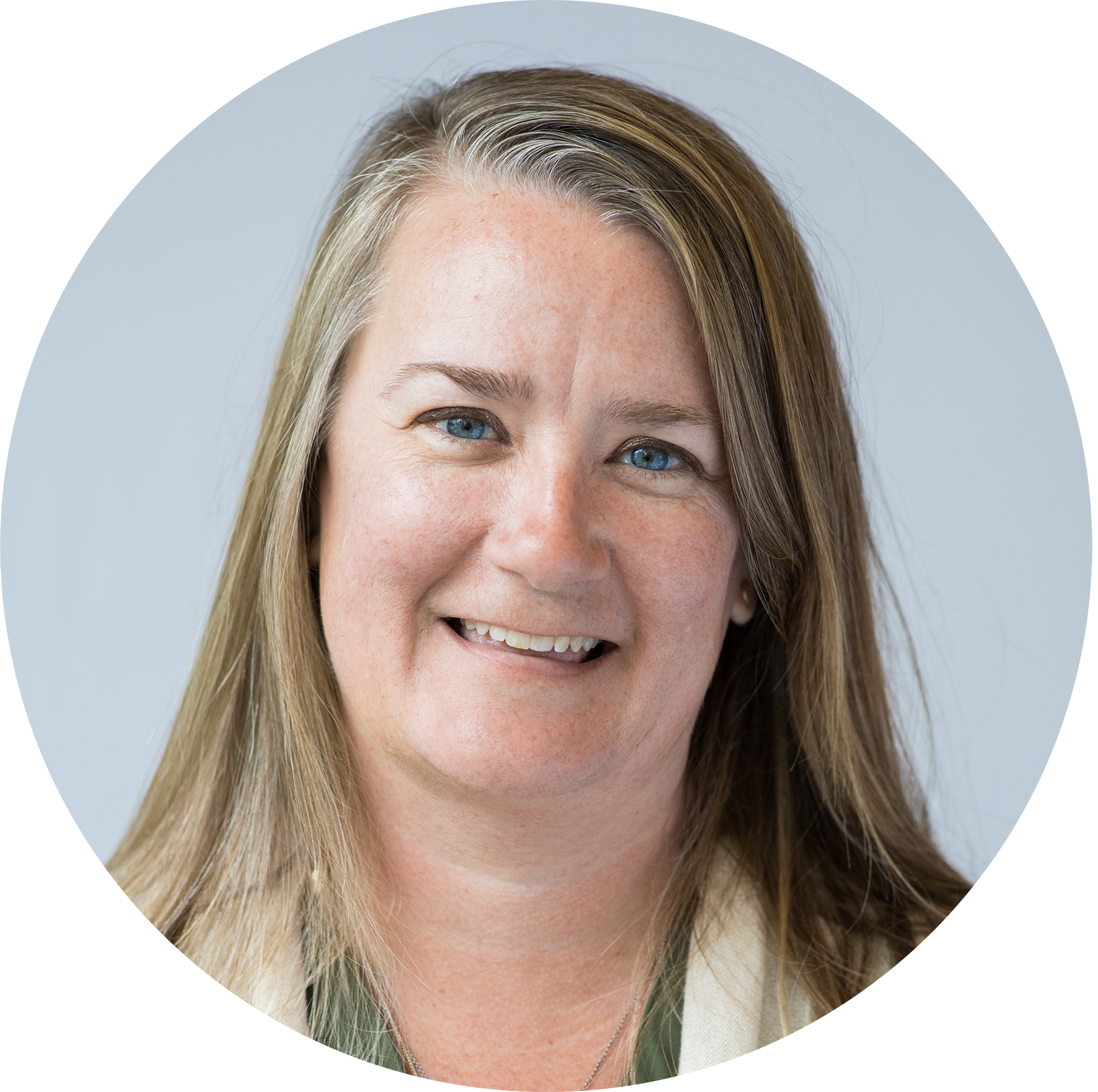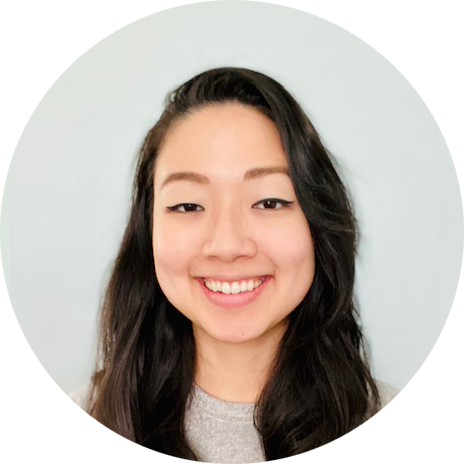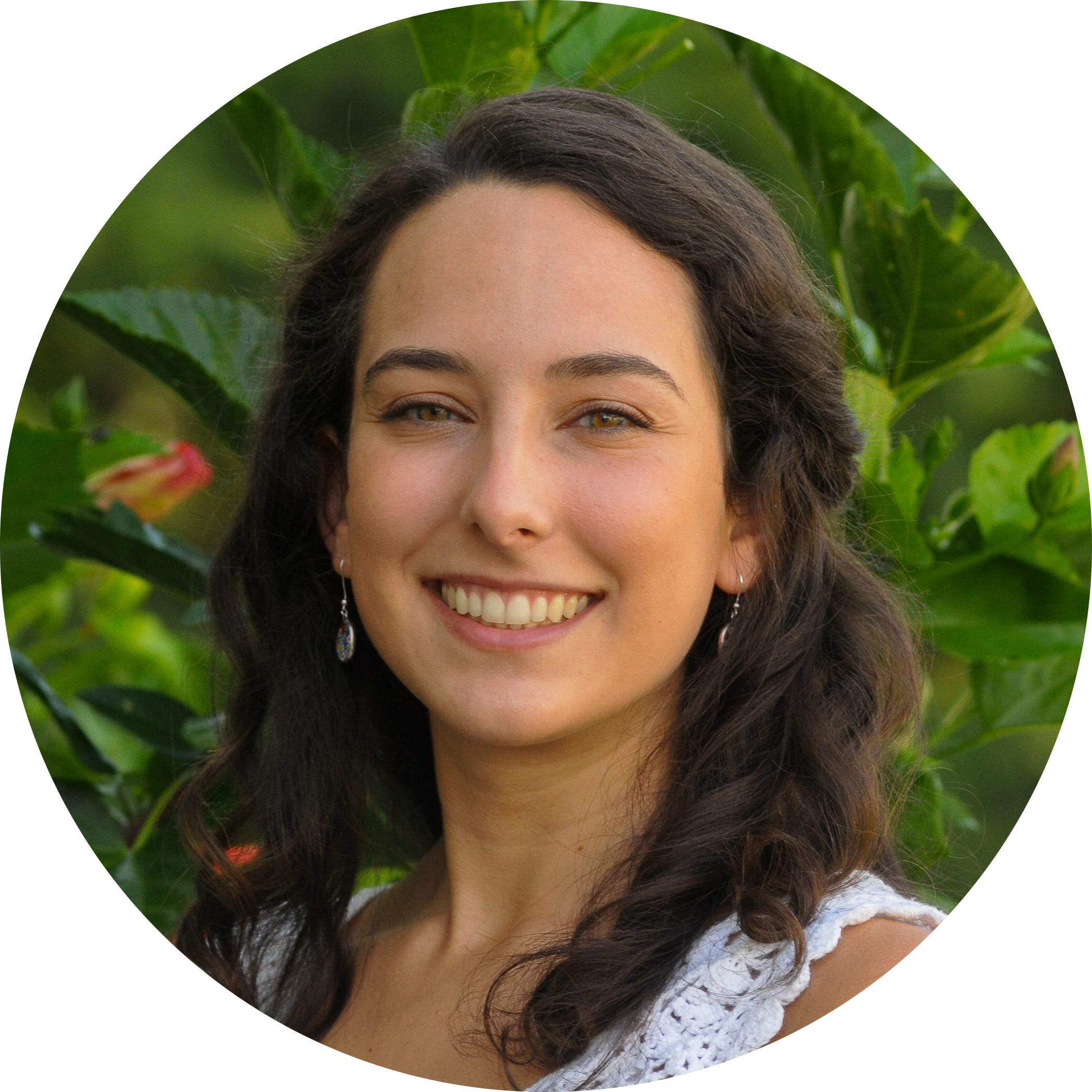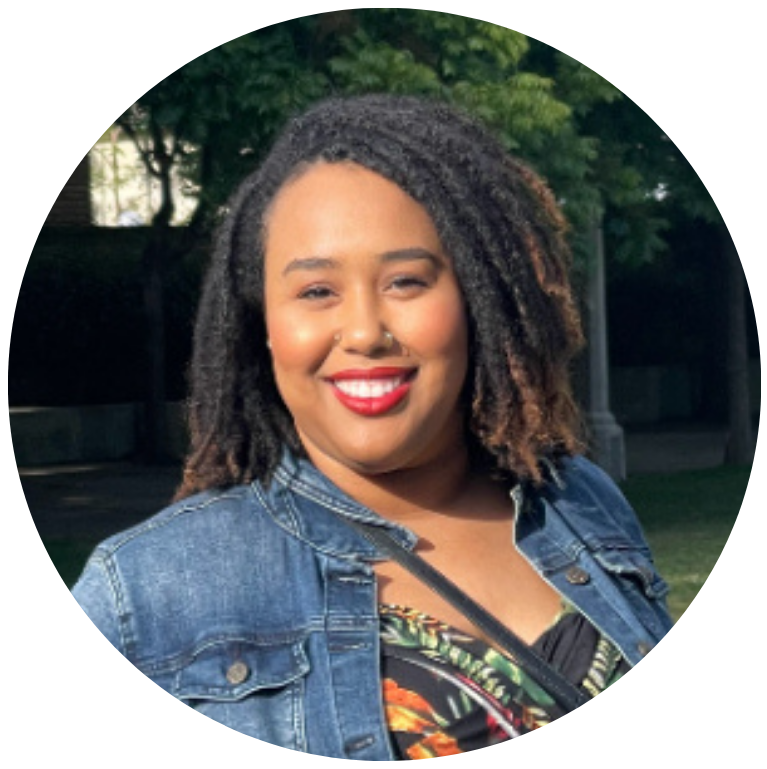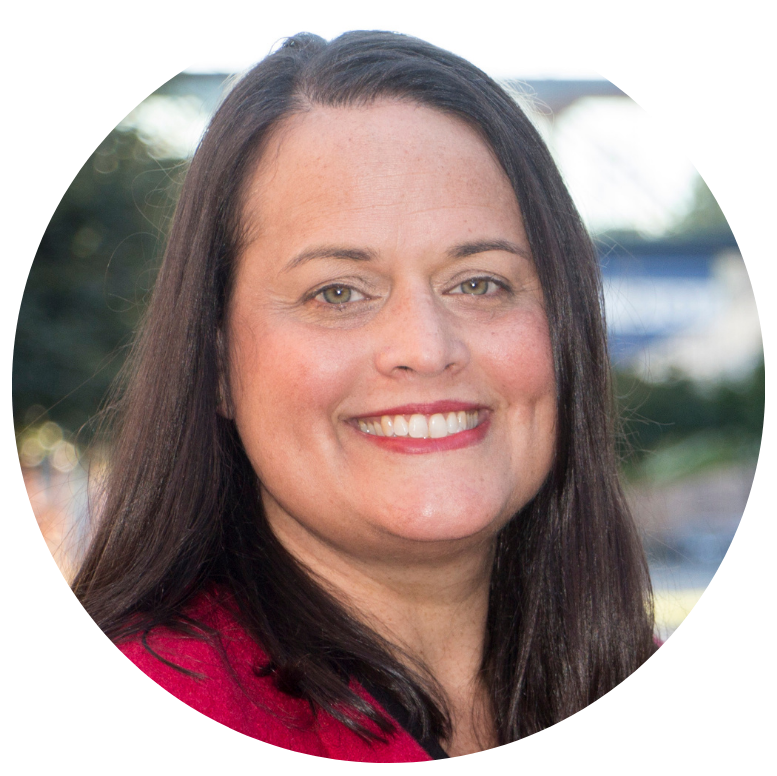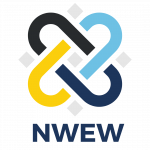2022 Agenda
AGENDA
The Convening 3-day Agenda
During each session block, registrants can choose between programming for leaders, teachers or combined settings.
Friday, October 7, 2022
| We look forward to getting you all setup for an amazing three days of connecting and learning! |
| Co-founder and Executive Director Trish Millines Dziko and the Network for EdWork team will welcome and invite participants to share in the collective vision for the Convening, the work we will be doing in community and how all of us will be catalysts for change in the future |
This mixer is an opportunity to connect in community on a more human level, engage with vulnerability, and share visions and aspirations for how we can actualize future liberated educational landscapes. Light refreshments will be provided.
Saturday, October 8, 2022
This morning’s purpose is to center BIPOC (Black, Indigenous, and People of Color) wellness and reclaim mindfulness. Oftentimes, the word “mindfulness” is centered around white bodies and spaces when in reality, wellness is for all of us. This session will serve to ground us before we enter deep conversation and work centered on liberation.
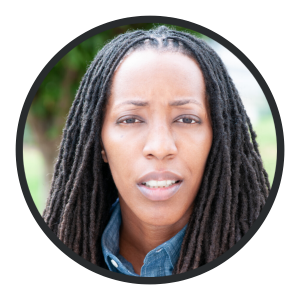 | We Gon’ Be Alright, But That Ain’t Alright: |
These Salons are a chance to come together and process your experiences with those who have a shared racial identity to unpack the unique ways that racism and oppression impact and unfold in your varied lived experiences. Affinity Salons are also an intentional form of heart work and community aimed at centering BIPoC needs and pushing back the White Supremacy Culture norms of isolation and self-questioning.
Lunch will be provided
| Designing Our Own Learning (DOOL): Disrupting power dynamics of hierarchy and invigorating student voice and power | WHO IT’S FOR | |||||
|---|---|---|---|---|---|---|
| As youth and adult educators (middle and high school) creatively share their stories, attendees will engage in an immersive experience trying out some of the tools, strategies and activities that have brought about profound transformation in the presenters and their schools. Participants will have a new understanding of the power of building a learning community and what it looks like when youth and adults truly share power. | All | ||||
| Karina Schuler | Equity through Restorative Practice/ Pedagogy of Liberation | WHO IT’S FOR | ||||
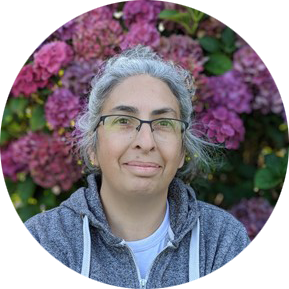 | Restorative Practice is an emerging social science that studies how to strengthen relationships between individuals as well as social connections within communities. In this experiential workshop, participants will learn about Restorative Practice framework, and how to facilitate Restorative Circles in their classroom and school. These processes can create a positive, safe-brave learning environment for all members. | All BIPOC | ||||
| Saara Kamal | Liberation Pedagogy for BIPOC Educators | WHO IT’S FOR | ||||
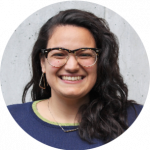 | What does it mean to be a liberated educator? During this workshop, BIPOC educators will engage with the Network for Edwork’s (NWEW) “Liberation Pedagogy” framework for racial justice in education. In learning about the key pillars: recognize, undo, replace, and engage – participants will engage with how as BIPOC educators, we must confront the ways that the dominant culture lives both within and around us. By providing tools and strategies to support the headwork (professional), heartwork (interpersonal), and community that is critical to understanding the impact of racial traumas, BIPOC educators can transition from surviving in their roles as educators for liberation within their schools, to thriving. | BIPOC Educators | ||||
| David Goldenkranz | Liberation Pedagogy For White Leaders in Education | WHO IT’S FOR | ||||
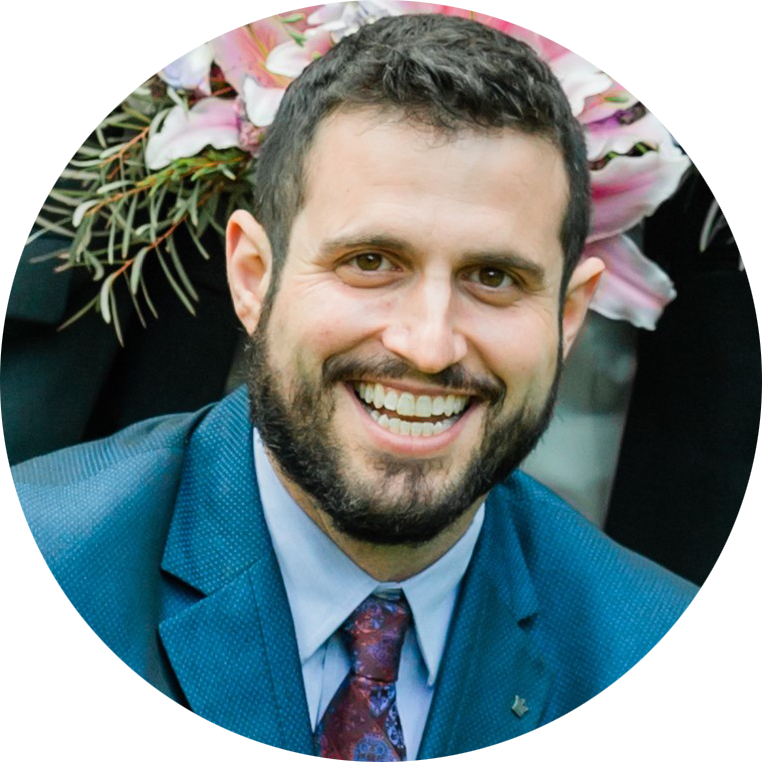 | What does it mean to be a leader for liberation? In this session, participants will explore the Network for Edwork’s (NWEW) “Liberation Pedagogy” framework for racial justice in education. In learning about the key pillars of Liberation Pedagogy: recognize, undo, replace, and engage – participants will be given tools and strategies to support the headwork, heartwork, and community that is critical to understanding their role as leaders in anti-oppression work within schools. | White Leaders | ||||
| Christina Taylor | Liberation Pedagogy for BIPOC Leaders in Education | WHO IT’S FOR | ||||
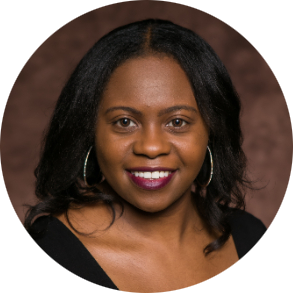 | What does it mean to be a BIPOC leader for liberation? In this session, BIPOC leaders will explore the Network for Edwork’s (NWEW) “Liberation Pedagogy” framework for racial justice in education. In learning about the key pillars of Liberation Pedagogy: recognize, undo, replace, and engage – participants will be provided with tools and strategies to support the headwork (professional), heartwork (interpersonal), and community that is critical to understanding the impact of racial traumas and their roles as leaders for liberation within their schools and organizations. | BIPOC Leaders |
| Voices of the Formerly Incarcerated: How to Identify, Disrupt, and Dismantle the School to Prison Pipeline | WHO IT’S FOR | |||||
|---|---|---|---|---|---|---|
| This panel features three presenters (Mark Perry, Adrianna Taylor and Eugene Youngblood) who were formally incarcerated. They will discuss and address their own lived experiences with public education, an analysis of how anti-Black racism (and other oppressions) have destroyed the soul of learning, along with solutions to disrupt and dismantle the school to prison pipeline and to support youth in understanding how to self-advocate and question their own learning and schooling experiences. | All | ||||
| Challenging and Reimagining White-Centered Recruiting, PD and Retention for New BIPOC Educators | WHO IT’S FOR | |||||
| This workshop will surface the ways that university teacher prep programs and district leaders can work together with community partners to better prepare BIPOC graduates for the job search and induction into their first teaching jobs. Participants will walk away with a toolkit for leading a revised and liberated process in their own roles, whether that be within preparation programs, schools or district leadership. | All | ||||
| Introduction to Project Based Learning: Why, How, and Getting Started | WHO IT’S FOR | |||||
| This interactive workshop will be geared towards teachers and education leaders who are interested in learning what project based learning is, why it’s a valuable model and how they can get started at their schools. Led by TAF experts, there will be opportunities to work with peers to unpack how students learn best through experiential learning and project based learning pedagogy. | BIPOC Educators | ||||
| Christina Taylor | Liberation Pedagogy for BIPOC Leaders in Education | WHO IT’S FOR | ||||
 | What does it mean to be a BIPOC leader for liberation? In this session, BIPOC leaders will explore the Network for Edwork’s (NWEW) “Liberation Pedagogy” framework for racial justice in education. In learning about the key pillars of Liberation Pedagogy: recognize, undo, replace, and engage – participants will be provided with tools and strategies to support the headwork (professional), heartwork (interpersonal), and community that is critical to understanding the impact of racial traumas and their roles as leaders for liberation within their schools and organizations. | BIPOC Leaders | ||||
This convening mixer will provide an opportunity to reflect, connect, and engage in headwork, as well as share ideas among leaders and educators who are passionate about disrupting systems of oppresion within education.
Sunday, October 9, 2022
This morning’s purpose is to center BIPOC (Black, Indigenous, and People of Color) wellness and reclaim mindfulness. This Mindfulness in Affinity Salon emphasizes the Engage component of our Liberation Pedagogy framework and provides a chance for participants to discuss problems of practice and strategies for mindfulness and intentional next steps.
| Lindsey Kaiser | Multiracial Coalition Building: Everyday Acts of (micro) Resistance | WHO IT’S FOR | ||||||
|---|---|---|---|---|---|---|---|---|
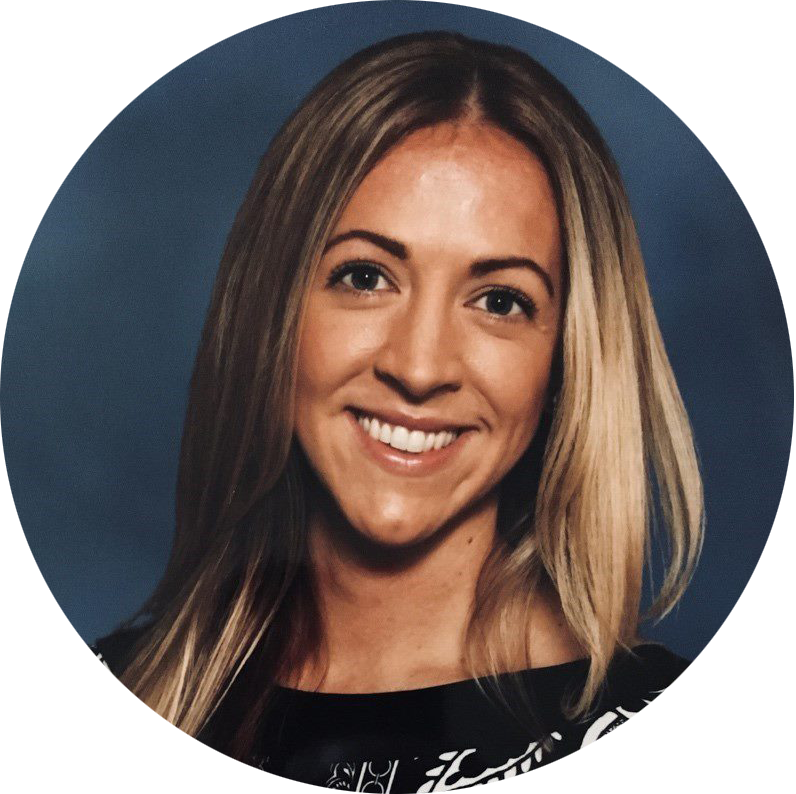 |
Oftentimes when folks think acts of resistance, they think of macro forms of resistance such as rallies, marches, and protests. However, challenging the racial status quo requires both macro and micro forms of resistance. This workshop will take participants on a deep dive into everyday acts of (micro) resistance. |
White Leaders | ||||||
| David Goldenkranz | Liberation Pedagogy For White Leaders in Education | WHO IT’S FOR | ||||||
 |
What does it mean to be a leader for liberation? In this session, participants will explore the Network for Edwork’s (NWEW) “Liberation Pedagogy” framework for racial justice in education. In learning about the key pillars of Liberation Pedagogy: recognize, undo, replace, and engage – participants will be given tools and strategies to support the headwork, heartwork, and community that is critical to understanding their role as leaders in anti-oppression work within schools. |
White Leaders | ||||||
| Julie Ismael | Redefining Professionalism | WHO IT’S FOR | ||||||
 |
In this session, participants will recognize one’s ability to accept others’ humanity through story uninterrupted; the connections between individual imagination and collective future; and walk away with necessary practice for better communication, problem solving, and healing for self and the common good, specifically as we radically re-imagine the terms under which we work together (f.k.a. “professionalism”). |
BIPOC Leaders | ||||||
| Mentoring as a Liberatory Practice Strand | WHO IT’S FOR | |||||||
|
The workshop invites participants to re/imagine what revolutionary mentoring for BIPOC professionals might look like with/in their building and district context. In contrast to dominant White-framed mentoring models that tend to focus on assimilating and integrating BIPOC professionals to attain narrow definitions of success, a revolutionary model centers collaboration, equity, and explicitly links identity and professional development. The facilitators, who are women of color faculty and staff in the School of Education at UW Tacoma, briefly describe the structures of field-tested mentoring-partnership models for BIPOC professionals from the levels of teacher preparation to university faculty teaching in these programs before inviting participants to discuss applications to their institutional contexts. |
BIPOC leaders | ||||||
| Saara Kamal | Racial Justice Persona | WHO IT’S FOR | ||||||
 |
In this session we will use the power of storytelling as a tool to disrupt oppressive norms and standards that persist in education. Stories are a key component of education as they teach, illuminate, and model our aspirations for the culture we want to create in our schools and our classrooms. By taking time to reflect on how our identities, skills, and values manifest in the broader antiracist narrative, our racial justice personas can serve as guides for how best to show up for those we impact. |
All BIPOC | ||||||
| Emijah Smith | Centering Liberation and Family | WHO IT’S FOR | ||||
|---|---|---|---|---|---|---|
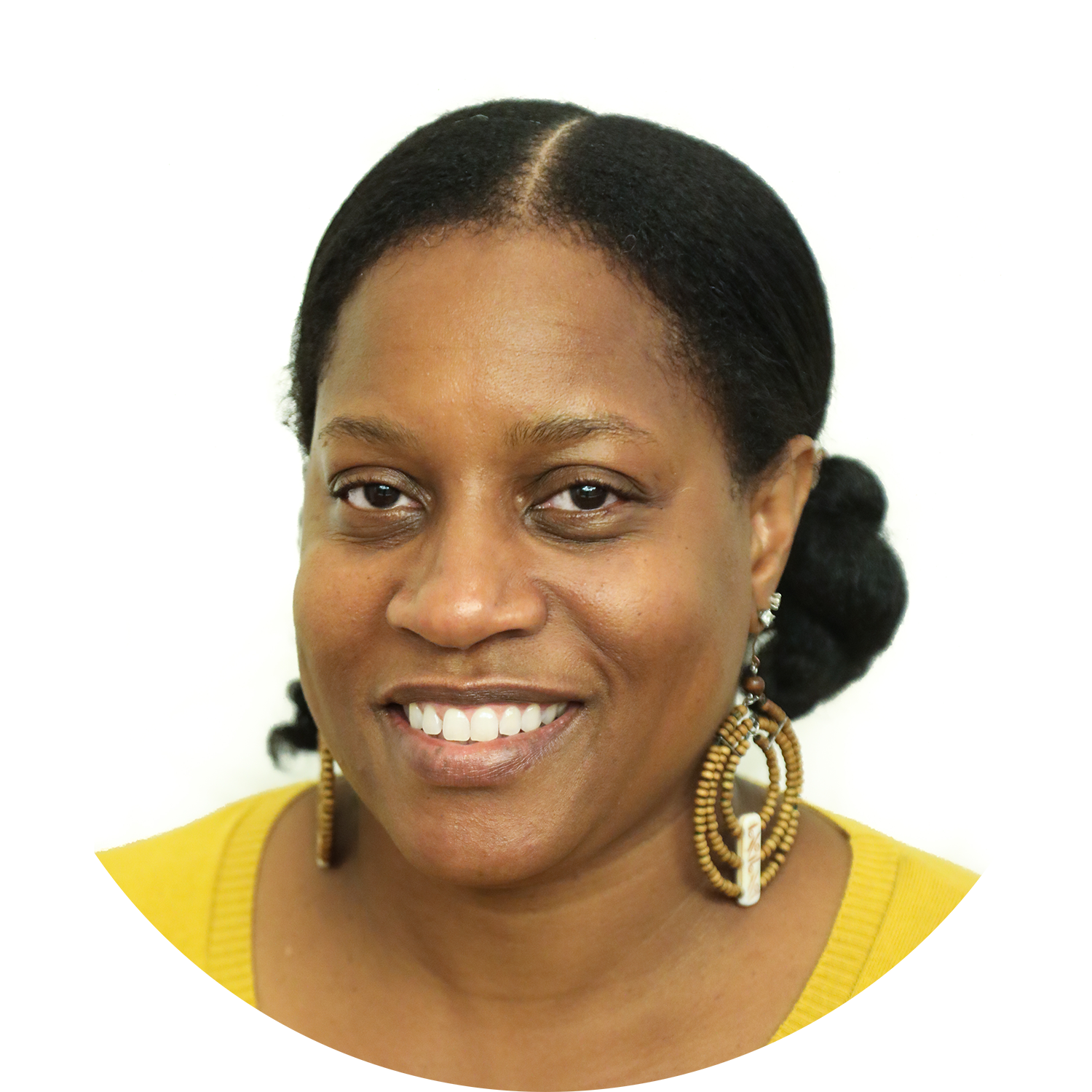 |
Using storytelling as a form of education for school leaders, policy makers, funders, and educators, this workshop highlights the obstacles and barriers student and families must overcome, and how education practices push families into the courts and kid prisons. At the end of the workshop, partcipants will learn how to engage the liberated spirit to overcome existing harmful process for students and their families. |
All | ||||
| Ainsley Carry | Confronting controversial monuments, honorees, and symbols in schools | WHO IT’S FOR | ||||
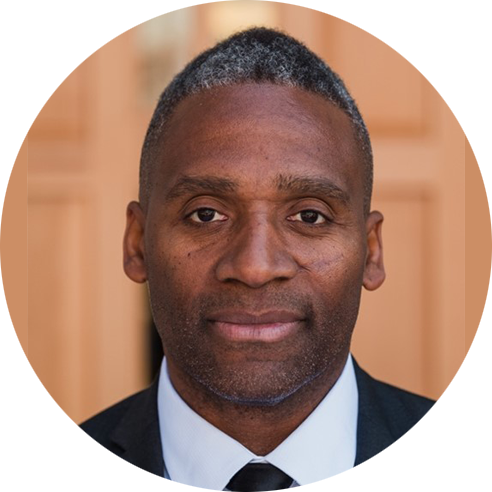 |
American schools and universities are facing increased pressure to confront controversial monuments, honorees, and symbols on campus. Hundreds of schools commemorate colonizers, Confederate imagery and KKK leaders in their school’s name, mascots, and fight songs. These images demoralize many students. Schools and school systems need an unbiased, evidence-based approach to examining disputed school landscapes and mascots. In this workshop, participants will learn about the detrimental impact of school memorial landscapes and four essential frameworks for confronting memorial disputes.” |
All leaders | Decolonial Healing | WHO IT’S FOR | ||
|
Decolonial Healing is a workshop for Black, brown, Indigenous, and Asian educators. Participants will engage in an Indigenous-based healing practice to liberate our minds and hearts from colonial programming, to prepare us to dismantle oppressive systems, and to learn to be our most authentic self. |
All BIPOC | ||||
| Christina Taylor | Liberation Pedagogy | WHO IT’S FOR | ||||
 |
What does it mean to be a BIPOC leader for liberation? In this session, BIPOC leaders will explore the Network for Edwork’s (NWEW) “Liberation Pedagogy” framework for racial justice in education. In learning about the key pillars of Liberation Pedagogy: recognize, undo, replace, and engage – participants will be provided with tools and strategies to support the headwork (professional), heartwork (interpersonal), and community that is critical to understanding the impact of racial traumas and their roles as leaders for liberation within their schools and organizations. |
All BIPOC |
Together we will celebrate and honor the collective work and learning we have done and call in the intentions we each have in continuing to the work of liberation.
February 23-24, 2024
University of Washington
Need more information? Contact us at NWEW@techaccess.org
Let's Take Care of Our Community!
Following Washington State COVID-19 protocols, proof of vaccinations and masks are no longer required. Mask wearing while indoors is highly recommended.
Follow us on Social Media
